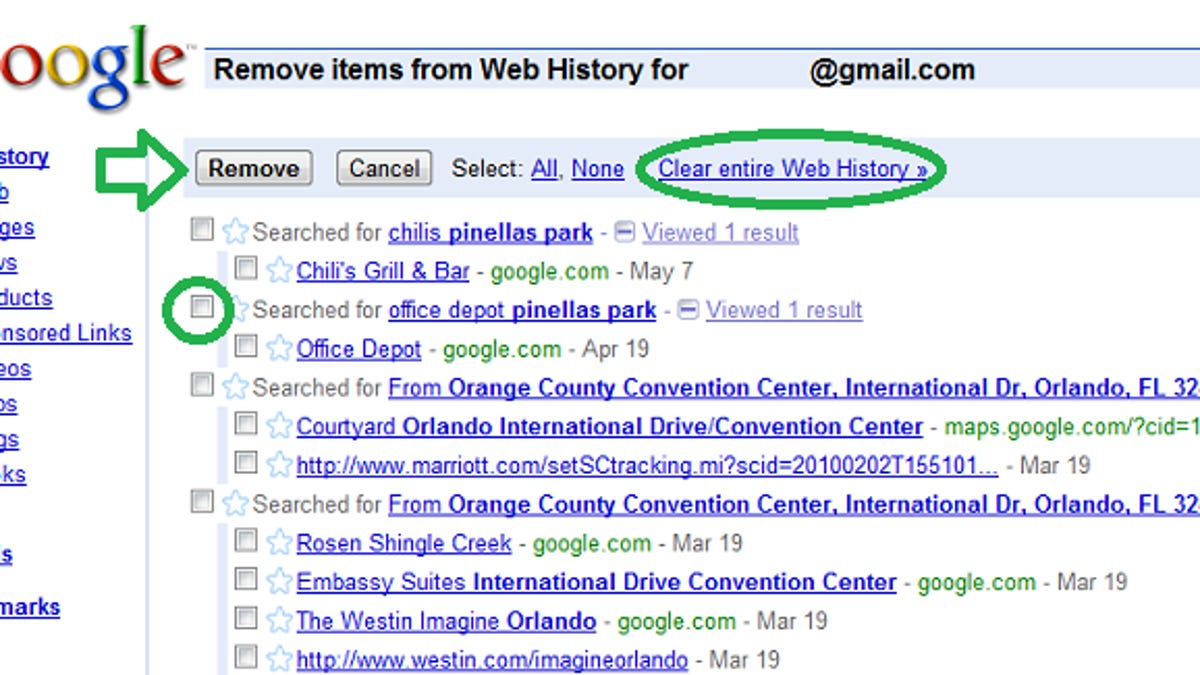Clock counts down as Google privacy change looms
Time to do some account maintenance as Google's new privacy policy is set to go into effect on March 1.

For the congenital procrastinators out there--and yes, you know who you are--don't complain about not being warned. In less than 24 hours, Google will hit the switch and start linking your data across the company's e-mail, video, social-networking, and other services.
Google announced last month that it was rewriting its privacy policy in a way that would grant it explicit rights to "combine personal information" across multiple products and services. In our ever-connected world, this will either be received as great news or another stepping stone on the road to Big Brother's house.
Since the news broke, the company has repeatedly reaffirmed its commitment to privacy, saying that the simplified privacy policy will only improve the user experience (and also make it easier for advertisers to connect with customers) Before the switch-over to a single uber-policy, Google had to maintain 60 privacy policies for different services.
Simpler and easier to understand. Who wouldn't want that?
The problem is that if you want to use Google's myriad services, you don't have an alternative but to abide by the new rules since there's no way to opt out and the planned consolidation of user information.
That's raised hackles with the usual suspects. For instance, the Electronic Privacy Information Center, unhappy by the announcement, tried to stop Google by suing the Federal Trade Commission. Its argument was that the move violated a 2011 privacy agreement between the commission and Google over its launch of Google Buzz. That complaint went nowhere.
Another naysayer, however, may yet have more to say about this in coming weeks and months.
"The CNIL and EU data authorities are deeply concerned about the combination of personal data across services," French regulator CNIL wrote to Google recently. "They have strong doubts about the lawfulness and fairness of such processing, and its compliance with European data protection legislation."
Peter Fleischer, Google's global privacy counsel, said in a blog post that Google was "confident that our new simple, clear, and transparent privacy policy respects all European data protection laws and principles."
Removing your search history
CNET's Sharon Vaknin has a good explainer on what you can do before the big changeover. Sign in to your account on Google and head to www.google.com/history. Once there click on the tab that says "Remove all Web history" and then hit the "OK" button. That disables the history of sites you have visited or the searches that you've performed.
Also, here's a primer that the Electronic Frontier Foundation compiled on what else you can do to protect your Internet privacy

